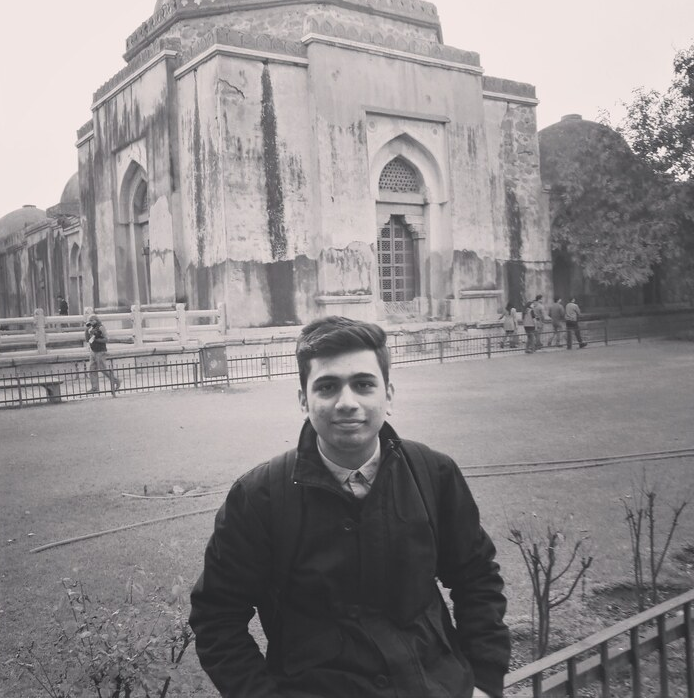It is an analogy that unfortunately perfectly encapsulates the situation in Brazil today. Deforestation in the Brazilian Amazon climbed to an 11-year high in 2019, and is still on the rise. But the relationship between the COVID-19 pandemic and deforestation is an issue that extends far beyond a simple metaphor.
A DUAL THREAT
Brazil currently has some of the highest number of coronavirus case numbers in the world and recently counted more new deaths than any other nation. As the number of cases soared, the health ministry decided to stop releasing cumulative totals for deaths and cases on 8 June 2020, leading to public uproar.
However, the Brazilian Supreme Court ordered the government to release the figures amid accusations of censorship. In-country health experts have cautioned against the expected rise in the number of cases, as the outbreak is still weeks away from its peak. But from the very outset, President Jair Bolsonaro has shown little interest in addressing the health crises and has instead made several broadcasts calling the disease "a little flu" and accusing the media of hysteria.
At the same time, Brazil’s environment minister, Ricardo Salles, called on the government to push through further environmental deregulation while the country was in the throes of the pandemic. That opportunistic stance is a clear indication of the government's lack of interest in addressing concerns relating to the pandemic. Instead, they are using the health crisis as an opportunity to further their own economic goals. Many indigenous leaders have accused the President of failing to save the people from a dual threat: the spread of the coronavirus and a surge of land invasions.
RIGHT TO HEALTHY LIFE & ENVIRONMENT UNDER JEOPARDY
Every human being has the right to live a healthy life and enjoy a healthy environment, but what seems to be happening in Brazil is a blatant violation of both. Lack of medical support to tackle the pandemic is putting the right to healthy life in jeopardy, while excessive deforestation is depriving the people of their right to a healthy environment.
There are multiple statues protecting the right to life in the international human rights legal framework, including in Article 3 of the Universal Declaration of Human Rights (UDHR). Article 6 of the International Covenant on Civil and Political Rights recognises every person's inherent right to life, adding that this right "shall be protected by law" and that "no one shall be arbitrarily deprived of life". The International Covenant on Civil and Political Rights provides that exceptional circumstances such as internal political instability or other public emergencies do not justify infringing the right to life and security of the person.
Even the right to health is enshrined in the international human rights legal framework, initially in the WHO Constitution(1946) which states that: “the enjoyment of the highest attainable standard of health is one of the fundamental rights of every human being…”. The 1948 UDHR also recognises health as part of the right to an adequate standard of living, while the International Covenant on Economic, Social and Cultural Rights recognises the everyone's right the highest attainable standard of physical and mental health.
Environmental activists have invoked the right to health under Article 25 of the UDHR to protest the negative effects of toxic hazardous waste dumping and deforestation. In January 2018, John Knox, an independent expert appointed by the Human Rights Council to study the human rights obligations for a safe, clean, healthy and sustainable environment, issued a final report that clearly emphasised the interdependence of human rights and environmental protection.
A BLEAK FUTURE AHEAD
With the nearly 60 percent rise in deforestation rates over last year (from data published by Brazil’s National Institute for Space Research) and lack of adequate governmental support to combat the deadly coronavirus, the earth and its human inhabitants are both gasping for air.
Under the 2015 Paris climate agreement, Brazil pledged to restore 120,000 km2 of forest by 2030. But with the ever-increasing exploitation, making good on that promise appears to be a far-distant reality.
Pallav is a third-year B.A. LL.B. (Hons.) student at Rajiv Gandhi National University of Law, Patiala. His areas of interest are Human Rights, Criminal Law, and Policy Making. As a community minded person he wants to bring a positive change in the world.

